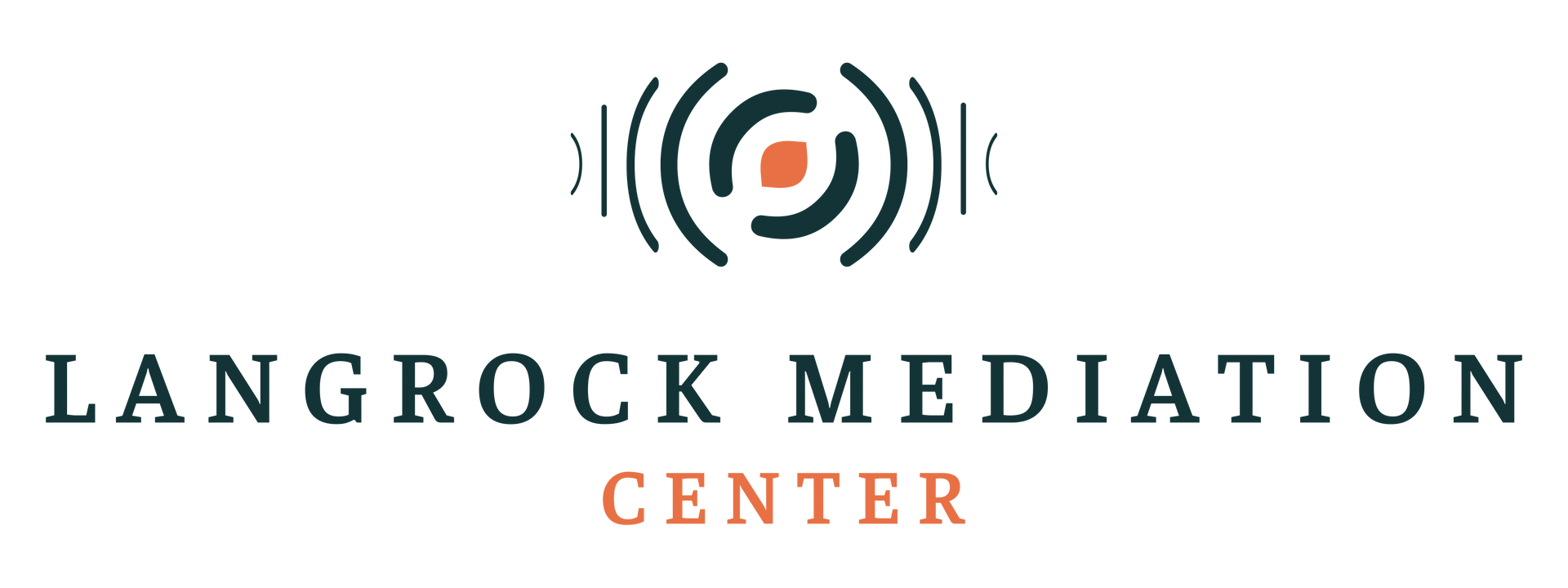Landlord-Tenant Disputes — How Mediation Offers a Fair Solution
Landlord-tenant disputes are a common yet challenging aspect of rental agreements. Whether conflicts arise over unpaid rent, security deposits, lease terms, or property maintenance, these disputes can quickly escalate into costly and time-consuming legal battles. Fortunately, mediation offers a fair, effective, and less adversarial solution for resolving conflicts between landlords and tenants.
Understanding Landlord-Tenant Disputes
The landlord-tenant relationship is governed by lease agreements and state laws, but disagreements often arise due to differing interpretations of these agreements or unforeseen circumstances. Some of the most common landlord-tenant disputes include:
- Nonpayment of Rent—Tenants facing financial difficulties may struggle to pay rent on time, leading landlords to seek eviction or legal remedies.
- Security Deposit Issues—Disagreements over the return of security deposits, including deductions for damages or unpaid rent, are among the most frequent conflicts.
- Property Maintenance and Repairs—Tenants may feel their landlord is neglecting necessary repairs, while landlords may argue tenants have not maintained the property properly.
- Lease Violations—Disputes may arise when one party believes the other has violated lease terms, such as unauthorized subletting, excessive noise, or pet ownership.
- Eviction Proceedings—When landlords pursue eviction due to nonpayment or lease violations, tenants often seek legal recourse, leading to prolonged court battles.
While these disputes can be resolved through litigation, court proceedings can be expensive, time-consuming, and adversarial. Mediation offers an alternative that fosters constructive dialogue and mutually beneficial resolutions.
The Benefits of Mediation for Landlord-Tenant Disputes
Mediation is a voluntary and confidential process in which a neutral third party helps landlords and tenants reach a mutually acceptable agreement. Here are some key benefits of mediation:
- Cost-Effective and Time-Saving: Legal battles over landlord-tenant disputes can take months to resolve, with significant legal fees for both parties. Mediation is a faster and more affordable process, often resolving disputes in a matter of days or weeks rather than months.
- Reduces Conflict and Promotes Cooperation: Mediation encourages open communication, helping landlords and tenants express their concerns without hostility. A mediated agreement can preserve relationships and prevent future conflicts.
- Flexible and Creative Solutions: Unlike court rulings, which may impose rigid legal decisions, mediation allows both parties to craft creative solutions that address their unique needs. For example, a landlord may agree to a temporary rent reduction in exchange for a tenant's commitment to pay outstanding rent over time.
- Confidentiality: Unlike court proceedings, which are public record, mediation is a private process. This confidentiality protects the reputation of both parties and encourages open discussions without fear of public scrutiny.
- Higher Compliance Rates: Because mediation results in agreements that both parties voluntarily create and accept, compliance rates tend to be higher than court-imposed judgments. This helps landlords and tenants avoid future disputes and ensures smoother rental relationships.
- Avoids the Uncertainty of Court Decisions: When a dispute goes to court, the outcome is left in the hands of a judge, who may rule unpredictably. Mediation allows both parties to retain control over the resolution, ensuring their needs and concerns are taken into account.
How Mediation Works in Landlord-Tenant Disputes
Mediation is a straightforward process that typically follows these steps:
- Initial Consultation—Both parties agree to mediation and schedule a session with a trained mediator.
- Opening Statements—Each party presents their concerns and desired outcomes in a structured setting.
- Discussion and Negotiation—The mediator facilitates dialogue, helping both parties identify underlying issues and explore possible solutions.
- Agreement Drafting—Once a resolution is reached, the mediator helps draft a written agreement outlining the terms agreed upon by both parties.
- Implementation—Both parties sign the agreement, which serves as a binding document guiding their future interactions.
Why Choose Langrock Mediation for Landlord-Tenant Disputes?
At Langrock Mediation, we understand the challenges of landlord-tenant conflicts and are committed to helping both parties find fair, efficient, and amicable resolutions. Our experienced mediators provide a neutral, structured environment where landlords and tenants can work toward practical solutions without resorting to costly litigation.
If you are facing a landlord-tenant dispute in Vermont, mediation can provide a fair and effective path to resolution. Contact Langrock Mediation today to learn how we can help you find a balanced and lasting solution.



